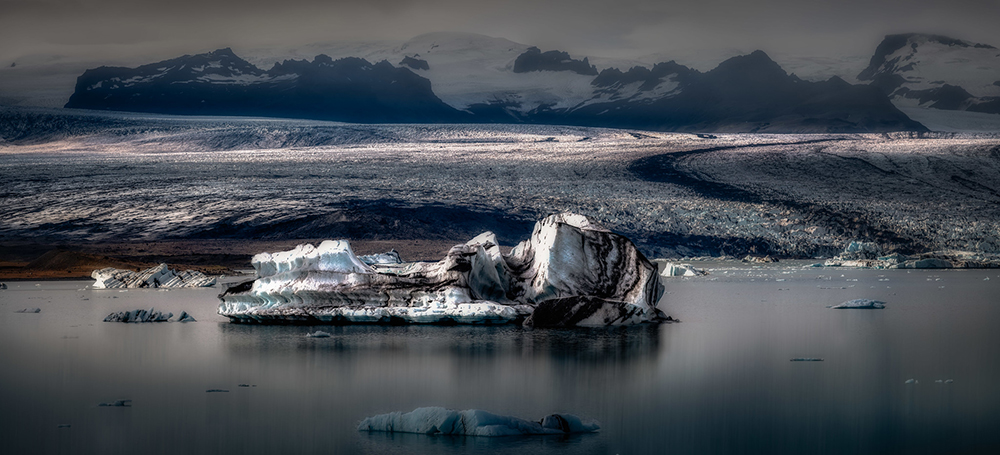A recent study in the journal Current Biology has used historical data on over three hundred marine species to demonstrate a trend towards species abundance declining at the trailing (what the team call equatorward), edge of their range and an increase in abundance at the species’ poleward edge of their range. Basically, as the oceans warm, species’ ranges are shifting north and south, with little adjustment and adaptation to new conditions closer to the equator.
“The main surprise is how pervasive the effects were,” says senior author Martin Genner, an evolutionary ecologist at the University of Bristol. “We found the same trend across all groups of marine life we looked at, from plankton to marine invertebrates, and from fish to seabirds.”
This change in what the researchers call latitudinal abundance shifts has been chronicled before and has been widely expected, but has not been documented in such detail using historical data for so many species. The analysis shows that the situation will only continue as ocean warming continues.
“This matters because it means that climate change is not only leading to abundance changes, but intrinsically affecting the performance of species locally,” Genner says. “We see species such as Emperor penguin becoming less abundant as water becomes too warm at their equatorward edge, and we see some fish such as European seabass thriving at their poleward edge where historically they were uncommon.”
Whilst this may not seem to be too bad on first reading, the ability of species to move north or south isn’t equal and is severely constrained. Some species may prosper, but others may not be able to move fast enough and in some regions there may simply not be enough opportunities for them to colonize, perhaps due to human development or existing species assemblages.
“While some marine life may benefit as the ocean warms, the findings point toward a future in which we will also see continued loss of marine life,” Genner says.
Quotes taken from press materials provided by Cell Press
Journal Reference:
Reuben A. Hastings, Louise A. Rutterford, Jennifer J. Freer, Rupert A. Collins, Stephen D. Simpson, Martin J. Genner. Climate Change Drives Poleward Increases and Equatorward Declines in Marine Species. Current Biology, 2020; DOI: 10.1016/j.cub.2020.02.043
Image credit: Bernd Thaller, CC by 2.0











0 Comments